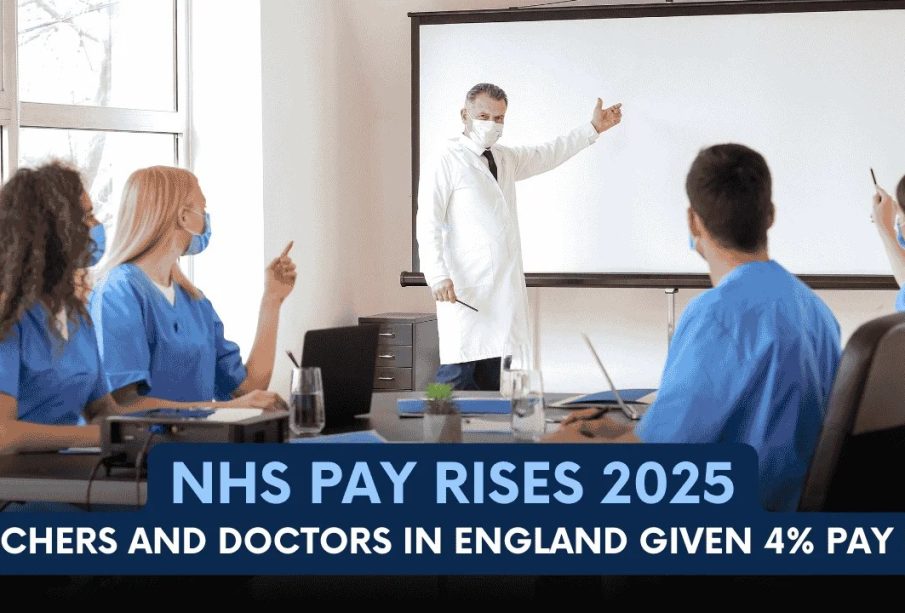NHS Pay Rises 2023: Key Developments and Impacts

Introduction
The topic of NHS pay rises is of significant importance, particularly as the United Kingdom’s National Health Service (NHS) continues to adapt to the pressures of an evolving healthcare landscape and post-pandemic recovery. With increasing calls for better remuneration for frontline workers, the outcome of current discussions regarding pay rises holds substantial relevance for both NHS professionals and the wider public dependent on healthcare services.
Current Developments
As of late 2023, the NHS is engaged in negotiations concerning pay adjustments that reflect the rising cost of living and the ongoing challenges faced by healthcare staff. Recent public sector strikes, especially among nurses, doctors, and other healthcare personnel, have highlighted dissatisfaction with current pay levels, prompting the government to reassess its position. Health Secretary Steve Barclay recently acknowledged the need for a review of NHS compensation structures amidst criticism from unions representing NHS staff.
The Royal College of Nursing (RCN) and other union representatives have pushed for substantial pay rises, citing that current salaries do not keep up with inflation and the increased workload that has burdened NHS staff in recent years. The RCN has suggested pay increases in the double digits are necessary to attract and retain skilled workers, especially in light of the NHS’s ongoing efforts to improve patient care and manage chronic staff shortages.
Events Leading to Discussions
This year has seen several significant events that have influenced discussions surrounding NHS pay. The impact of prolonged strikes in different sectors, particularly the healthcare sector, is reshaping the narrative around employee rights and compensation. In January 2023, negotiations resulted in a historic agreement that temporarily resolved some disputes, but further negotiations are needed to ensure long-term satisfaction among staff.
Moreover, the announcement of an additional £2.7 billion in funding for the NHS has sparked debate regarding the allocation of these resources, with calls from union representatives to ensure a significant portion is directed towards pay rises. Government officials have indicated that while there is recognition of the need for improved pay, budget constraints must also be considered.
Conclusion
The ongoing discussions and negotiations regarding NHS pay rises are not just a matter of compensation; they are crucial for the sustainability of the NHS and the quality of care provided to patients. As unions continue to advocate for fair pay, the outcome of these discussions will have significant implications for healthcare staff morale, recruitment, and overall patient outcomes. Moving forward, the government’s ability to adequately address these pay demands will be pivotal not only in retaining current NHS professionals but also in attracting new talent needed to support this essential public service in the years ahead.







